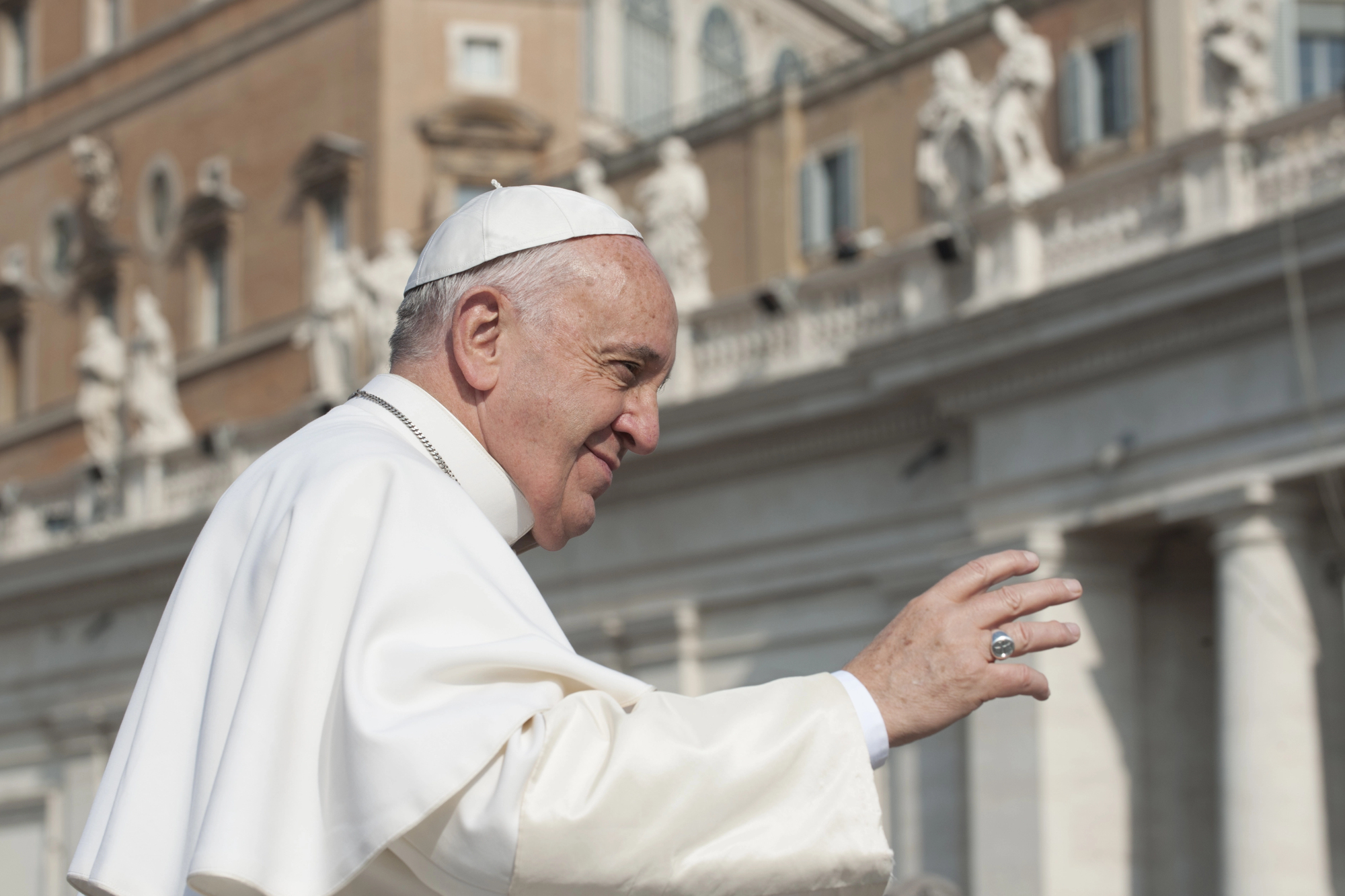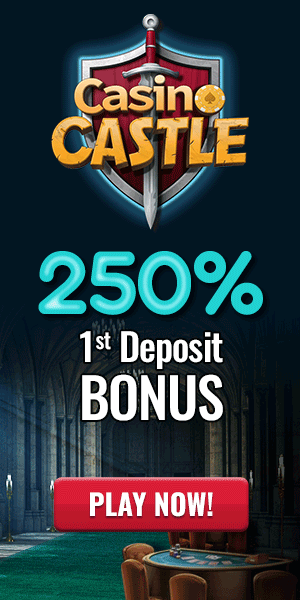Betting on the Next Pope: How to Wager on the Future Leader of the Catholic Church

The election of a new Pope is one of the world’s oldest and most secretive processes, steeped in centuries of tradition and religious significance. Following the death of Pope Francis, the Catholic Church has entered a period known as Sede Vacante (“the seat being vacant”). While cardinals gather in Rome for the solemn duty of choosing the next successor to St. Peter, some people are choosing to place a bet on who will be the next pontiff.
Understanding the Conclave
Before placing a bet, understanding the process is crucial, as it dictates the factors influencing the outcome. The process begins shortly after a Pope’s death. The Cardinal Chamberlain (Camerlengo) confirms the death, seals the papal apartments, and destroys the Pope’s Fisherman’s Ring. This marks the start of the Sede Vacante.
The Dean of the College of Cardinals then summons eligible cardinals – those under the age of 80 – to Rome. Based on the provided hypothetical context dated April 2025, there are 135 such cardinals. These electors will live in seclusion in the Casa Santa Marta and vote inside the Sistine Chapel.
Key aspects of the conclave
- Secrecy: The entire process is shrouded in secrecy. Cardinals are forbidden from communicating with the outside world. This makes reliable “insider information” virtually non-existent, adding to the unpredictability.
- Voting Rounds: Voting occurs up to four times daily (after one round on the first afternoon). A two-thirds majority is required.
- Smoke Signals: Black smoke from the Sistine Chapel chimney indicates no Pope has been elected; white smoke (accompanied by bells) signals success.
- Duration: While conclaves can be lengthy (the longest lasted nearly three years), modern conclaves are typically short. Since the 20th century, the average is around three days. Both Pope Francis and Benedict XVI were elected in two days. However, rules allow for pauses and potential run-offs if no decision is reached after 33 rounds.
This structured but secret process means bettors rely on analysing the electors, the potential candidates, and historical trends rather than leaks or polls common in political elections.
The Field of Candidates: Who are the Papabili?
Here are the cardinals considered potential candidates for the papacy.
- Pietro Parolin (Italy): Seen as a moderate continuity candidate, experienced diplomat (Vatican Secretary of State).
- Luis Antonio Tagle (Philippines): Represents the growing Asian Catholic population, initially seen as a progressive favourite.
- Peter Turkson (Ghana): Potential first black Pope in centuries, vocal on social justice and climate issues.
- Péter Erdő (Hungary): A leading conservative, representing a potential shift from Francis’s approach.
- Matteo Zuppi (Italy): Considered progressive, involved in peace envoy missions.
- José Tolentino Calaça de Mendonça (Portugal): Young, intellectual, seen as aligned with Francis but potentially controversial.
- Mario Grech (Malta): Evolved from traditionalist to more progressive views.
- Pierbattista Pizzaballa (Italy): Latin Patriarch of Jerusalem, known for his work in the Holy Land.
- Robert Sarah (Guinea): Strong traditionalist, sometimes seen as opposing Francis’s direction.
Factors like nationality (Italian cardinals are often favoured, though Francis was Argentinian), theological leaning (conservative vs. progressive), age (too young might mean a long papacy, deterring some electors; too old might mean a transitional papacy), and experience (pastoral, curial, diplomatic) all influence perceived chances. The fact that Pope Francis appointed a significant majority (108 out of 135 hypothetical electors) might suggest a leaning towards continuity, but this is never guaranteed.
How Papal Betting Markets Work
Betting on the Pope falls under “novelty” or “special” bets. Here’s how it generally functions:
- Types of Bets: The most common bet is on the Outright Winner – simply wagering on which cardinal will be elected Pope. Other potential markets might include:
- Nationality of the Next Pope: Betting on whether the Pope will be Italian, European (non-Italian), African, Asian, Latin American, North American, etc.
- Papal Name: Wagering on the name the new Pope will choose (John, Paul, Benedict, Francis, Pius, or something new). Historical popularity (like John) often influences these odds.
- Length of the Conclave: Betting on how many days the voting will last.
- Age Range of the New Pope: Wagering on whether the elected Pope will fall within a specific age bracket.
Factors Influencing Odds and Betting Strategies
Composition of the College of Cardinals
The geographical distribution and the appointing Pope are crucial. As the BBC notes, while Europe still dominates, representation from Asia and other regions is growing. The large number of Francis appointees might favour a candidate aligned with his vision, but cardinals vote according to conscience (and sometimes complex bloc politics).
Candidate Visibility and Profile
Cardinals holding prominent positions (like Parolin as Secretary of State) or those frequently mentioned in media reports often start with lower odds. Their perceived theological stance (conservative, moderate, progressive) is perhaps the most debated factor.
Age and Health
A balance is often sought – not too old for a vigorous papacy, not too young to block others for decades.
Nationality
While the papacy has become more international, an Italian Pope is often seen as a strong possibility due to historical precedent and the number of Italian cardinals. However, the elections of Polish John Paul II, German Benedict XVI, and Argentinian Francis show this is not fixed.
The “Anyone But…” Factor
Sometimes cardinals coalesce around a compromise candidate to prevent a more divisive figure from being elected. This contributes to the potential for surprises.
Momentum and Rumours
Despite the secrecy, speculation runs rampant. Sometimes a candidate gains perceived momentum, influencing betting odds, even if based on little concrete information.
Betting on the next Pope is a unique intersection of faith, tradition, speculation, and modern gambling. While understanding the conclave process and the profiles of potential candidates provides essential context, the inherent secrecy and spiritual dimension make it one of the most unpredictable betting markets. Unlike political elections with polls and open campaigning, the conclave offers few reliable indicators.
Bettors rely on analysing the electors, the papabili, historical trends, and perhaps a dose of intuition when trying to figure out who the next pope will be. Watch out for the white smoke and good luck!







